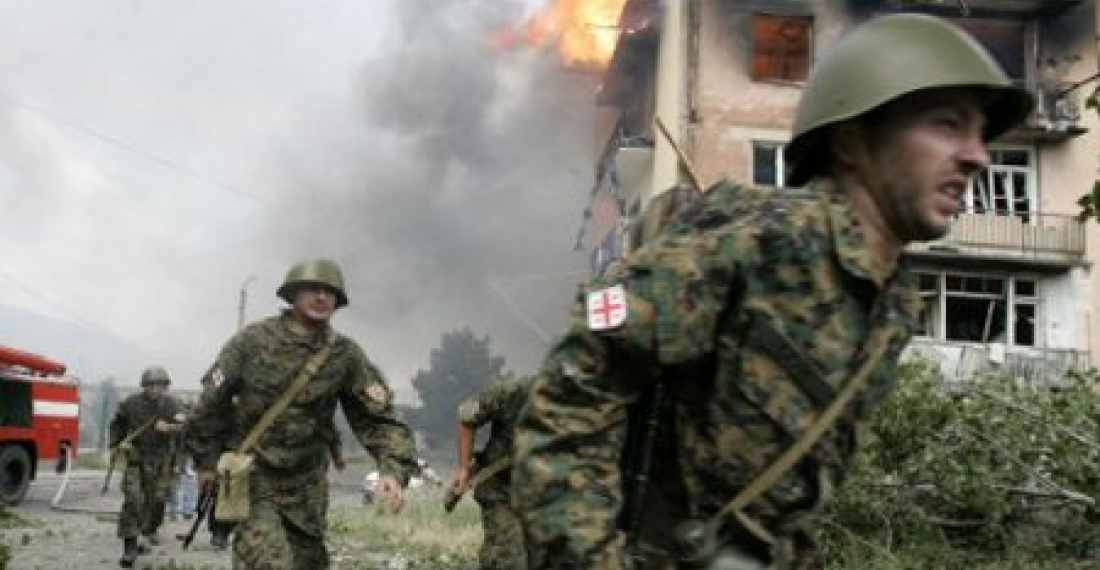Georgia this week marks the 11th anniversary of its war with Russia. The war marked a significant moment in post-Soviet politics, and saw Russia subsequently for the first time formally condoning change of international borders in the post-Soviet space, and its recognition of Abkhazia and South Ossetia.
The war remains a divisive issue in Georgia, with many accusing the government of former president Saakashvili with having fallen into a Russian trap.
The European Union on Wednesday (7 August) issued a statement, through its delegation in Tbilisi, expressing condemnation for Russian actions at the time and since. The statement said that "the European Union will continue to support the sovereignty and territorial integrity of Georgia within its internationally recognised borders."
The full statement says:
Eleven years have passed since the August 2008 conflict between the Russian Federation and Georgia. During this time the Russian Federation has not only maintained but increased its military presence in both Abkhazia and South Ossetia, in violation of international law and its commitments under the 12 August 2008 agreement.
Fundamental human rights of the conflict-affected population continue to be violated, including through restrictions on freedom of movement by so-called 'borderisation', temporary closures of crossing points and illegal detentions and through the violation of the right to safe and dignified return of internally displaced persons and refugees.
The conflicts in Georgia have caused displacement and trauma to the lives of thousands of people and that legacy now affects generations. The EU welcomes and supports sincere and apolitical efforts on all sides to address humanitarian and security issues.
Since the 1990s, the European Union has striven to help find a peaceful resolution to the conflicts in Georgia. These efforts were substantially stepped up 11 years ago and continue to this day. The European Union will continue these efforts, including through the activities of the EU Special Representative for the South Caucasus and the crisis in Georgia, its engagement as co-chair in the Geneva International Discussions, and the continued presence of the EU Monitoring Mission, the only international monitoring mission on the ground.
The European Union will continue to support the sovereignty and territorial integrity of Georgia within its internationally recognised borders.
source: commonspace.eu with agencies






